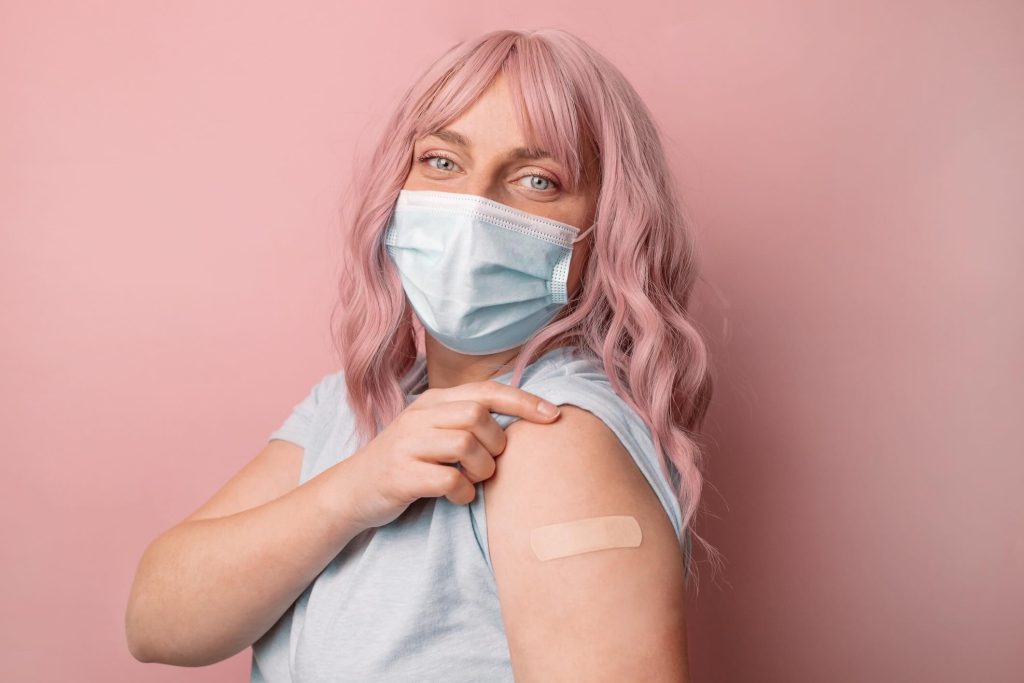Imagine a world where HIV/AIDS is no longer a shadow looming over millions of lives, a world where the fear of this relentless virus is finally put to rest. This vision hinges on a breakthrough that scientists and researchers have been chasing for decades: an effective HIV vaccine. National HIV Vaccine Awareness Day, observed on May 18, shines a spotlight on this critical quest. It's a day that not only honors the tireless efforts of those at the forefront of this battle but also serves as a crucial reminder of the potential impact such a vaccine would have on the global fight against HIV/AIDS. From the early trials in the 1990s to the sophisticated research of today, the journey has been long and fraught with challenges. Yet, hope never dims, as each step brings us closer to turning the tide against one of the most devastating epidemics in human history. This day is not just about awareness; it's a call to action, urging support for continued investment in vaccine development and a tribute to the resilience of the human spirit in its quest to conquer HIV/AIDS.
Key Takeaway
Timeline
Day Activities
-
Morning Kick-off: National HIV Vaccine Awareness Day starts with a bang, hosting educational workshops in schools and communities. Here, experts share the latest in vaccine research, breaking down complex science into bite-sized, understandable chunks. It's all about sparking curiosity and spreading knowledge like wildfire.
-
Afternoon Advocacy: As the day heats up, so do the activities. Rallies and marches take center stage, painting towns red with banners and chants for vaccine awareness. It's a powerful display of unity and determination, showing the world that the fight against HIV/AIDS is still going strong.
-
Evening Reflections: To wind down, candlelight vigils are held in memory of those lost to HIV/AIDS. It's a moment of solemn reflection but also of hope, as communities come together to light the night sky. These vigils serve as a poignant reminder of why the quest for an HIV vaccine is more crucial than ever.
Interesting Facts
1. Annual Observance
National HIV Vaccine Awareness Day is marked every May 18 to highlight vaccine research progress.
2. Research Milestones
Research on the HIV vaccine began in the late 1980s, with trials starting in the early 1990s.
3. Prevention Potential
An effective HIV vaccine could prevent new infections and significantly impact the HIV/AIDS epidemic.
4. Global Health Impact
The World Health Organization sees an HIV vaccine as crucial for enhancing current HIV prevention methods.
5. Community Recognition
This day also honors researchers and advocates dedicated to developing a viable HIV vaccine.
Why We Love This Day
-
Celebrating Scientific Progress: National HIV Vaccine Awareness Day shines a light on the tireless efforts of researchers and scientists. These dedicated folks have been on the grind since the late 1980s, pushing boundaries and making strides in HIV vaccine research. It's a day to give props to their hard work and the significant progress they've made, even though the finish line is still ahead. Their dedication is nothing short of inspiring, showing us the power of perseverance and the impact it can have on global health.
-
Educating and Empowering: Knowledge is power, and this day is all about spreading the word on the importance of an HIV vaccine. It's a golden opportunity to educate folks on how such a vaccine could be a game-changer in the fight against HIV/AIDS. By getting the lowdown on the latest in vaccine research, people can understand the potential impact of a breakthrough and why continued support and investment are crucial. This awareness can empower individuals to advocate for and support these life-saving scientific endeavors.
-
Hope for the Future: At its core, National HIV Vaccine Awareness Day fuels hope for a future without HIV/AIDS. It's a reminder that, despite the challenges, progress is being made toward an effective vaccine. This day encourages us to dream of a world where HIV infections are preventable, and the transmission of the virus can be halted in its tracks. It's a call to action for continued support, reminding us that with enough backing, an HIV-free future is within reach.
Past & Future Dates
| Month | Day | Year |
|---|---|---|
| MAY | 18 | 2022 |
| MAY | 18 | 2023 |
| MAY | 18 | 2024 |
| MAY | 18 | 2025 |
| MAY | 18 | 2026 |
| MAY | 18 | 2027 |
| MAY | 18 | 2028 |
FAQ
Is May 18th the day for HIV vaccine awareness?
Held annually on May 18, HIV Vaccine Awareness Day pays tribute to U.S. President Bill Clinton's 1997 announcement that “only a truly effective, preventive HIV vaccine can limit and eventually eliminate the threat of AIDS.”
When is National Native HIV Awareness Day in 2024?
What is the hashtag for HIV vaccine awareness day?
#HVAD is the go-to hashtag. Want to show your support? Engage by following, liking, or sharing content on these channels: Facebook: HIVgov , CDC HIV , @NIAID.
What is the current state of HIV vaccine?
Got your hopes up for an HIV vaccine? Hold that thought, as we're not quite there yet. As of now, no vaccine can prevent HIV infection. Rest assured, though, scientists worldwide, backed by the National Institutes of Health (NIH), are on a mission to change that.
